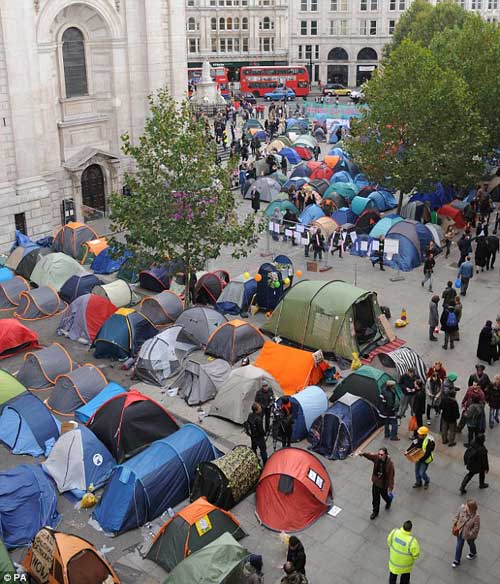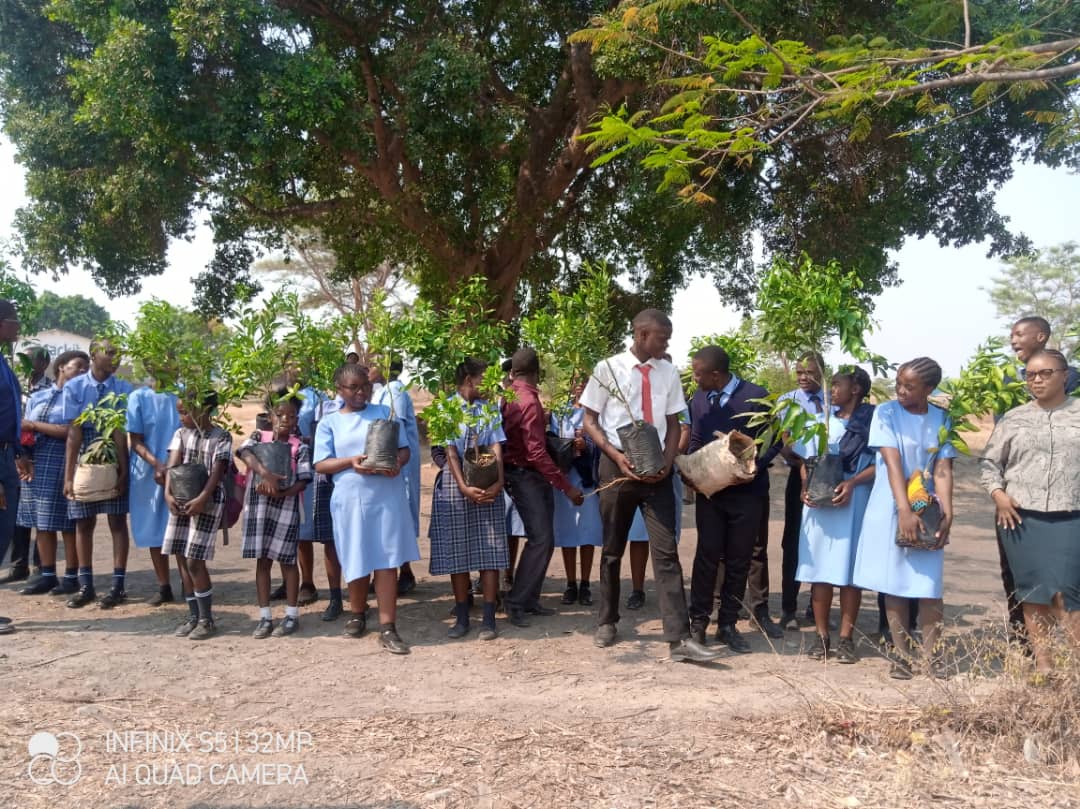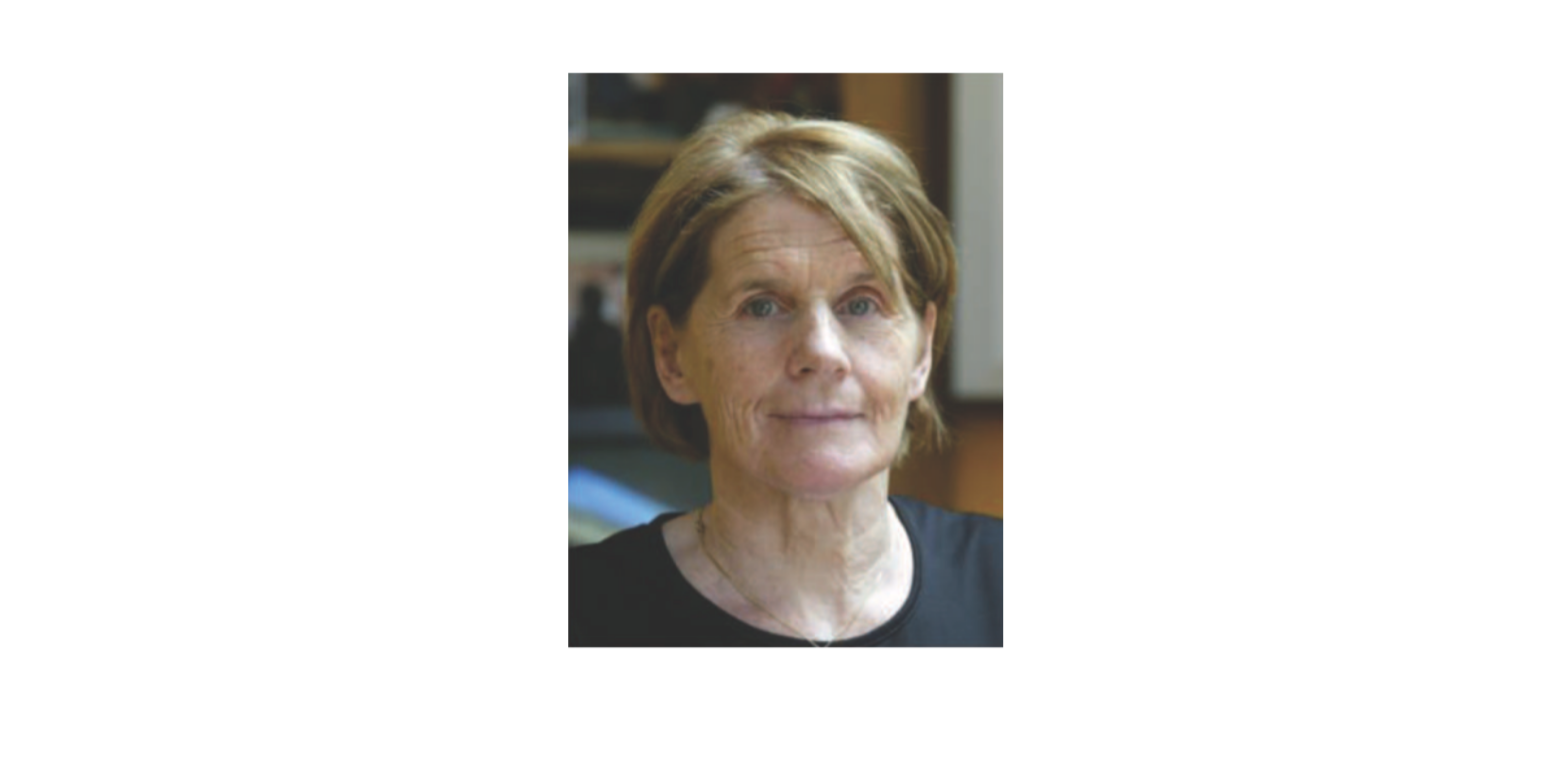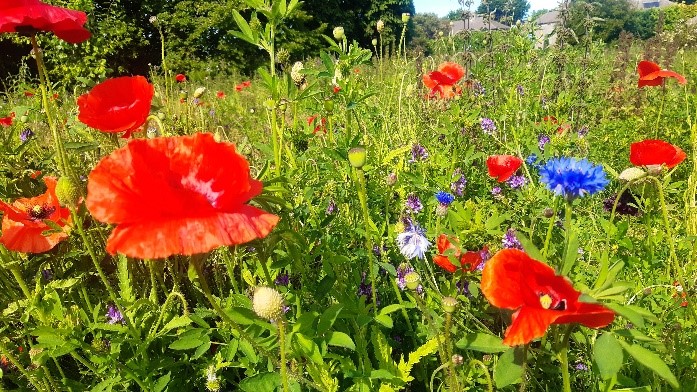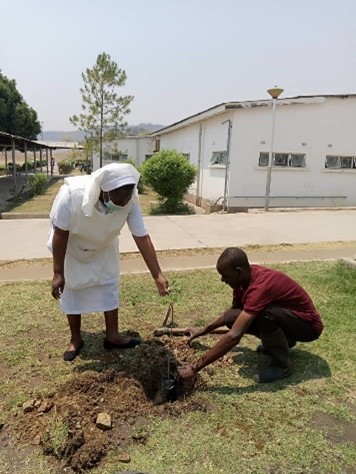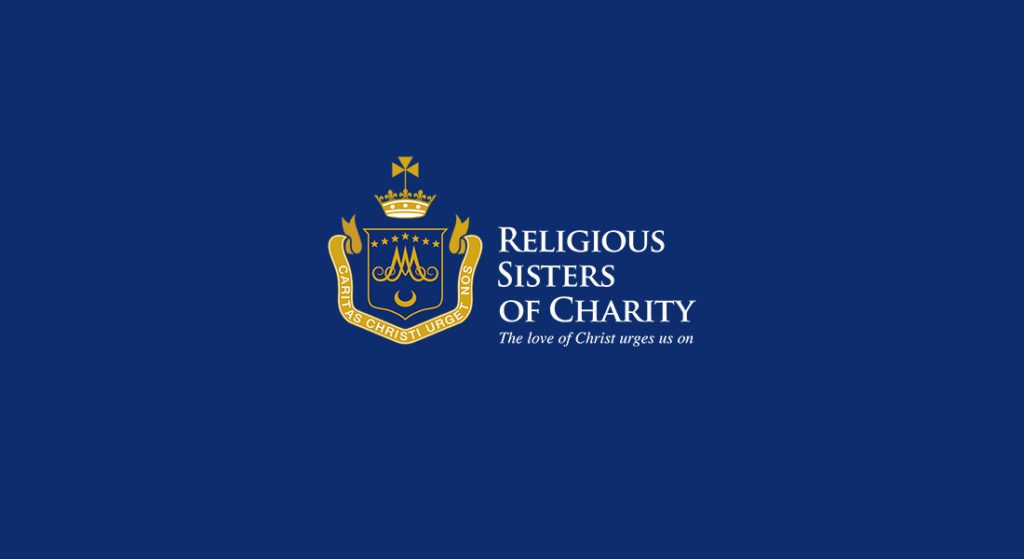
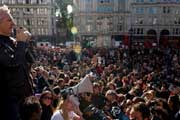 On 15th October this year hundreds gathered at London Stock Exchange to attempt to occupy the area around the building and erect a camp. The event took its cue from a similar protest on Wall Street in New York where the Occupy Wall St campaign began earlier in the month. These protests are part of a global movement against corporate greed and a financial system which puts profit first.
On 15th October this year hundreds gathered at London Stock Exchange to attempt to occupy the area around the building and erect a camp. The event took its cue from a similar protest on Wall Street in New York where the Occupy Wall St campaign began earlier in the month. These protests are part of a global movement against corporate greed and a financial system which puts profit first.
It is this very system which is blamed for the current economic crisis which has thrown many countries into financial turmoil and has resulted in drastic cuts in community care across the western world.
The attempt to occupy the London Stock Exchange was halted by police but the protesters camped instead in the grounds of St Paul’s Anglican Cathedral. This proved to be a very significant move because occupying the grounds of the Cathedral challenged the Established Church to support the aims of the protest.
The Church however only partially rose to this challenge. Recognising the peaceful nature of the protest the Reverend Giles Fraser, canon chancellor of the Cathedral not only welcomed the protesters but asked the police presence to lower its profile. However, because of a disagreement with his superiors about their intention to have the camp removed, forcibly if necessary, he resigned. “The church cannot answer peaceful protest with violence,” said Fraser….”What the camp does is challenge the Church with the problem of the incarnation – that you have God who is grand and almighty, who gets born in a stable. St Paul was a tent maker. If you tried to recreate where Jesus would have been born, for me I could imagine Jesus being born in the camp.”
The authorities at the Cathedral finally decided to allow the camp to remain. Perhaps they were influenced by a poster held by one of the activists which asked the question “What would Jesus do?”
What kind of a camp had been set up?
A reporter for the Telegraph describes what she saw when she visited the camp site:
“I found the north side of St Pauls was alive – but with construction rather than carnage. Teams of warmly dressed people were hammering together wooden structures – “Bit harder, it’s got to be robust,” instructed one – another was busying around the “First Aid Tent”. At “Supplies” three students were marshalling big canvass bags stuffed with sleeping bags, rugs, tents and bins liners. “If anyone needs anything, we’ll give it to them. We want a society that’s not greedy and this is where we’re starting.” The Field Kitchen, run by Chris and John, was even busier. “Hot soup will be ready in 5,” shouted John. At his feet was a basket full of pot-noodles: “If you have the means to cook, please take and help yourself.”
Where’s all the food come from, I asked him. “Just people,” he said. “A farmer from Kent pitched up with three crates of apples.” On cue, a bloke thrust some Co-Op bags towards him. “Good luck, mate,” he said. Three other ‘donors’ followed – including a smartly dressed woman laden with freshly baked loaves”.
The occupation of the grounds around St Paul’s has been controversial not least because any protest against capitalism is greeted with suspicion but maybe also because we like things ‘tidy’, as the Prime Minister says: “I think protesting is something you, on the whole, should do on two feet, rather than lying down….” He added that: “The idea of establishing tents in the middle of our city, I don’t feel is particularly constructive”. Why?
On the first day of the protest here 950 other protests were taking place worldwide in 80 countries. This global phenomenon represents people across the world sharing a vision of a better, fairer, more people-centred approach to economics. It calls for an alternative way, a banking system which serves, not one preoccupied with profit, a stock exchange that is about fair trade not speculation. This movement has been described as an expression of a new global awareness, of a higher consciousness, and an opportunity to create a new world system.
This is what Occupy London says about itself:
Occupy London stands together with occupations all over the world; we are the 99%. We are a peaceful non-hierarchical forum. We’re in agreement that the current system is undemocratic and unjust. We need alternatives; you are invited to join us in debate and developing them; to create a better future for everyone.
